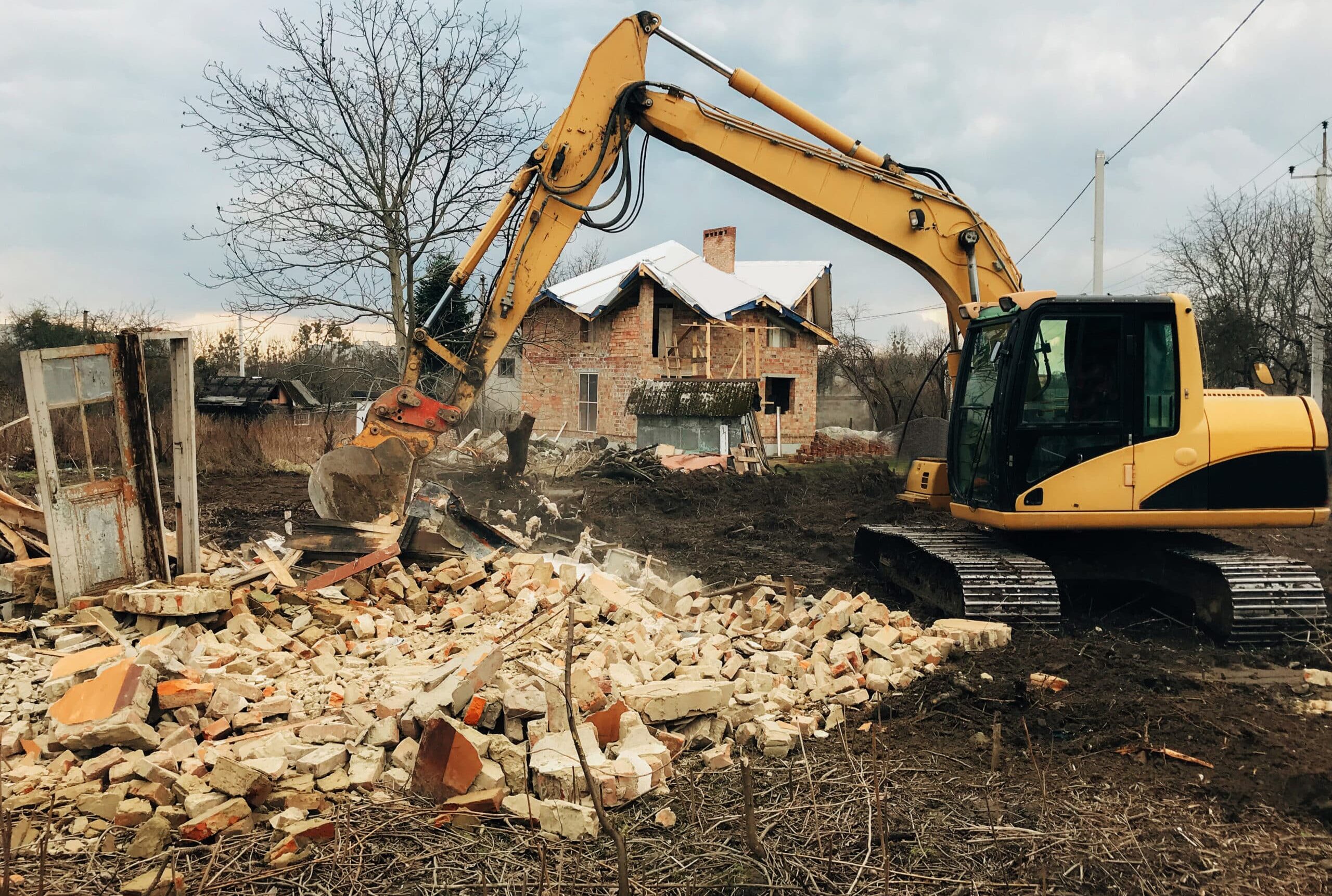The right to receive fair compensation in an eminent domain case is a constitutional right given to landowners and a necessary step in the process of land condemnation. But how does the government determine how much to pay the landowner for their property? Get an overview of how just compensation is determined in eminent domain cases and see how an attorney may be able to help you negotiate a better offer for your property.
What Does “Just Compensation” Mean in an Eminent Domain Case?
Just compensation is a monetary remedy awarded to a landowner to compensate that individual for losing their land (or a portion of it) to the government through eminent domain powers. In simple terms, just compensation is money – and the amount of money the government may pay the landowner is usually based on the property’s fair market value.
The exact factors used to determine how much money a landowner may receive varies from state to state. In North Carolina, for example, landowners may be paid based on the highest and best use of their property (as opposed to what the property is being used for currently). Property owners have the right to negotiate with the government if they believe the government’s offer is not adequate and thus does not represent just compensation.
Can Just Compensation Be Paid Only if the Property Is Physically Taken?
Federal laws only require the government to pay a landowner just compensation if a physical taking of the land has actually occurred. However, many states allow for just compensation to be paid in cases where the land was not physically taken, but a public use project has otherwise affected the value of the property or negatively impacted the landowner’s ability to use their land.
For example, suppose an individual owns a house and some acreage near the main road going through town. The government announces that it will begin a construction project to make improvements to the road and install a drainage system. However, the project is poorly constructed, and design flaws lead to your entire front yard being flooded every time it rains. In this case, the homeowner may have a claim against the government agency and could be entitled to just compensation because their property has been damaged.
Are Non-monetary Damages Allowed in an Eminent Domain Case?
In an eminent domain case, a landowner may be limited to receiving monetary compensation. Non-monetary remedies are usually not included as a part of what constitutes just compensation.
For example, a landowner may not be able to ask the government to provide them with a replacement property or demand that the remainder of a damaged property be purchased by the government. That being said, some states may allow for such non-monetary remedies to be issued as a part of negotiations outside of the courtroom. However, in most cases, eminent domain claims that end up going to trial may be restricted to monetary damages only.
Can an Attorney Help Me Negotiate Better Compensation?
If your property is being taken by the government, having the help of a skilled eminent domain attorney is crucial to ensure you can protect your rights as a landowner. It is quite common for land appraisals conducted by the government to value your property inaccurately and result in a compensation offer that does not reflect the best and highest use of your land. An attorney can assist you with the process of hiring an independent appraiser to help you find out how much your land is really worth and how the government’s project may affect its value. Your attorney can then assist you with the process of negotiating a higher settlement amount with the government.
At Hansen, Howell & Wilkie, PLLC, we know how nerve-wracking it may be to learn that you may lose part or all of your property due to an eminent domain project. We have assisted countless landowners to receive fair compensation for their land, and we are ready to help you do the same. If you are facing land condemnation and need a legal ally to protect your rights, call us at 919-256-5266 and request an initial consultation to discuss your case.




